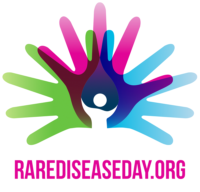The Lysosomal Disease Network (LDN), a consortium organized under the NIH Rare Diseases Clinical Research Network program, aims to improve the treatment of lysosomal diseases by learning more about each of these conditions by funding a variety of projects including 1-year pilot studies. LDN intends to fund 1-2 pilot projects, on an overlapping annual basis, that promote innovative research at the forefront of new therapies/technologies/advancements for lysosomal disease. Pilot studies must be clinical in nature (either through the use of human subjects or human specimens) and push forward the overarching themes of the LDN: advances in clinical trial readiness, newborn screening, long-term outcomes, and global reach.
Complete application information and dates can be found here.
